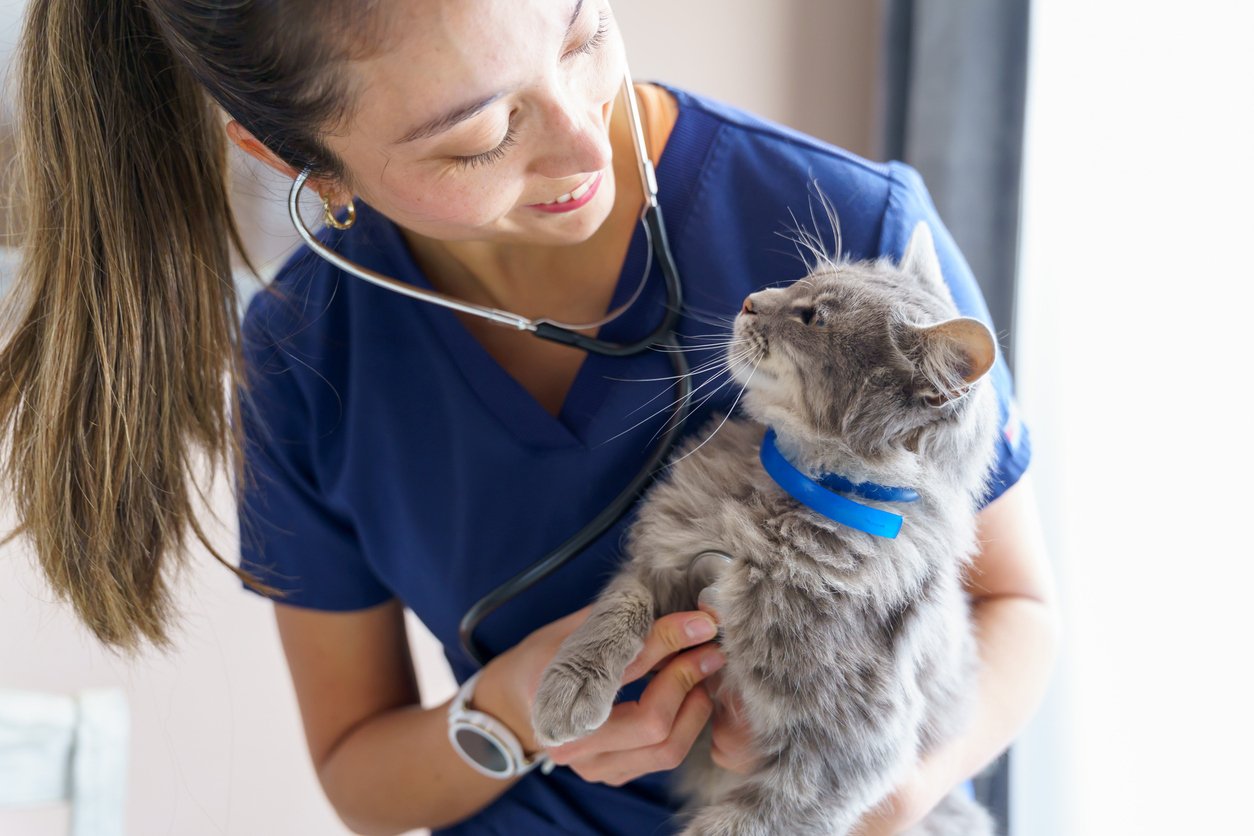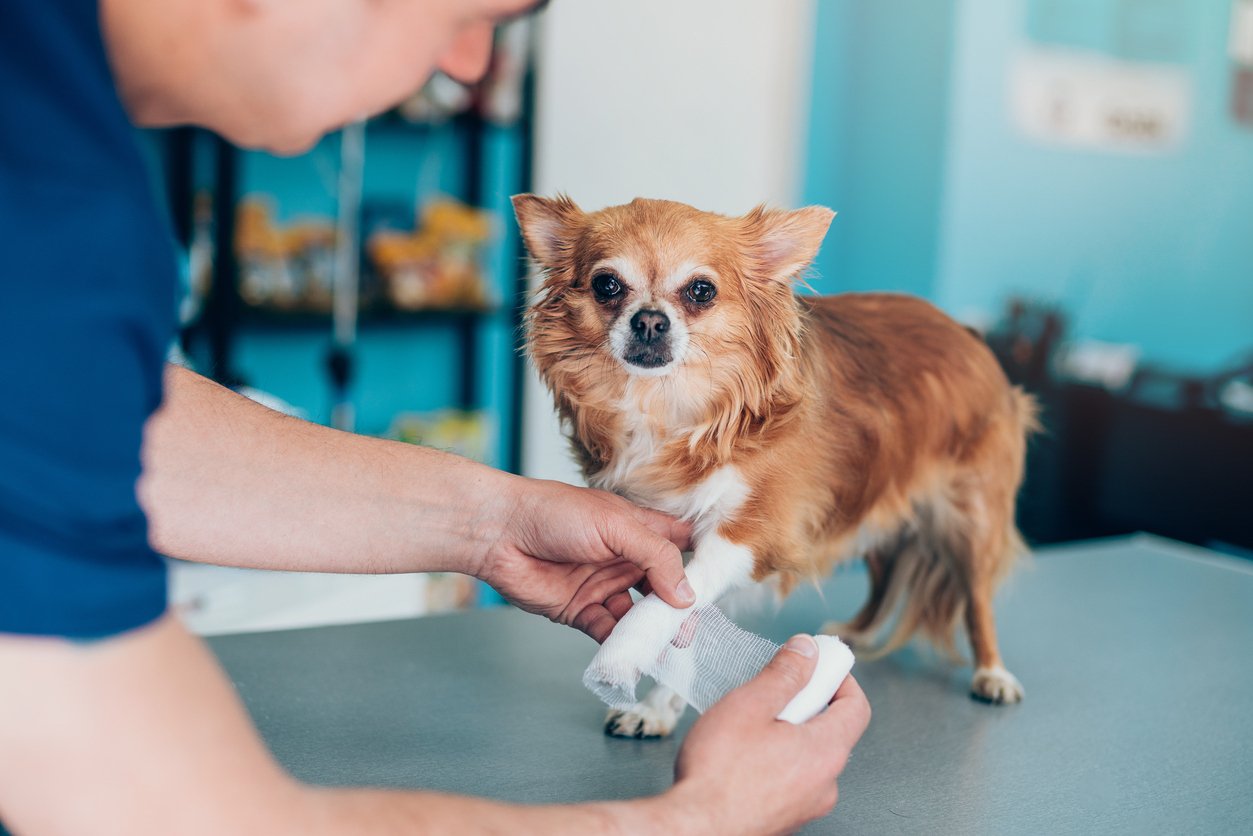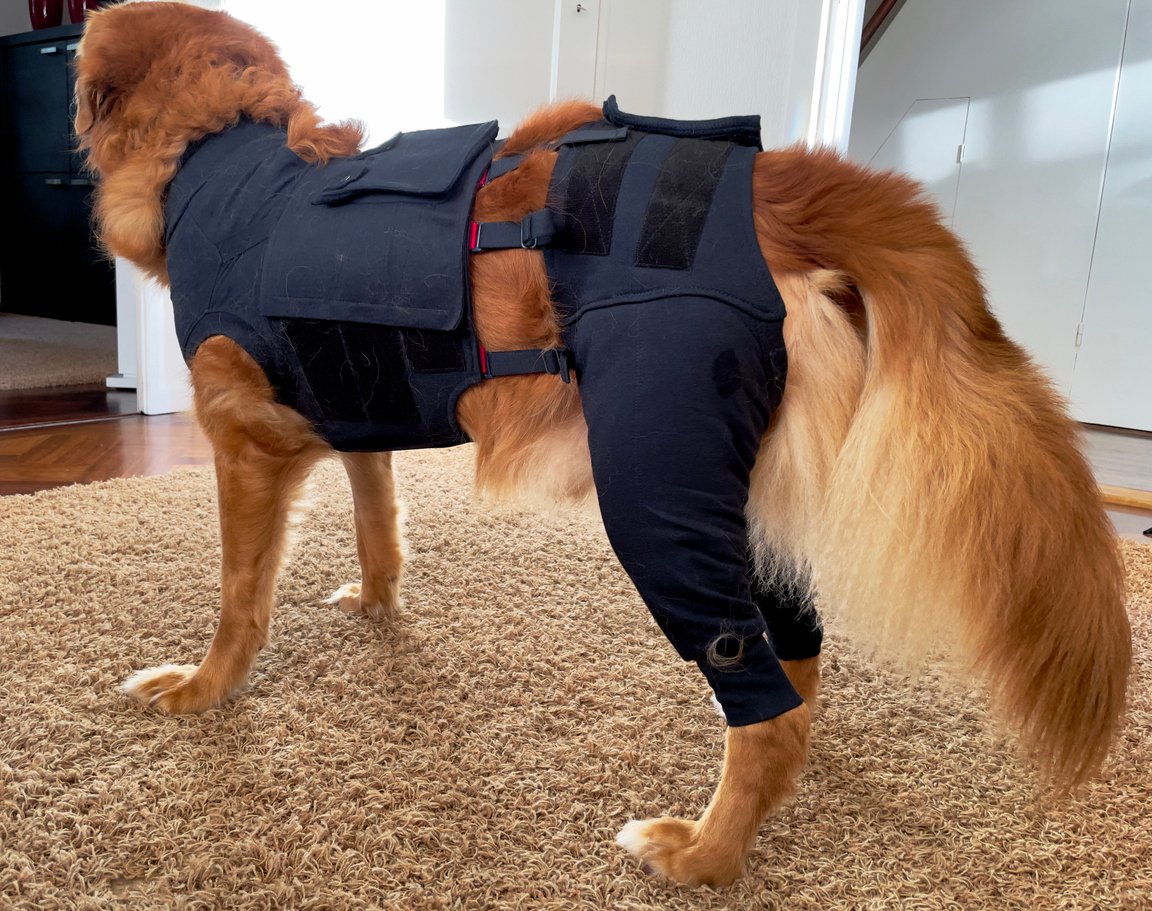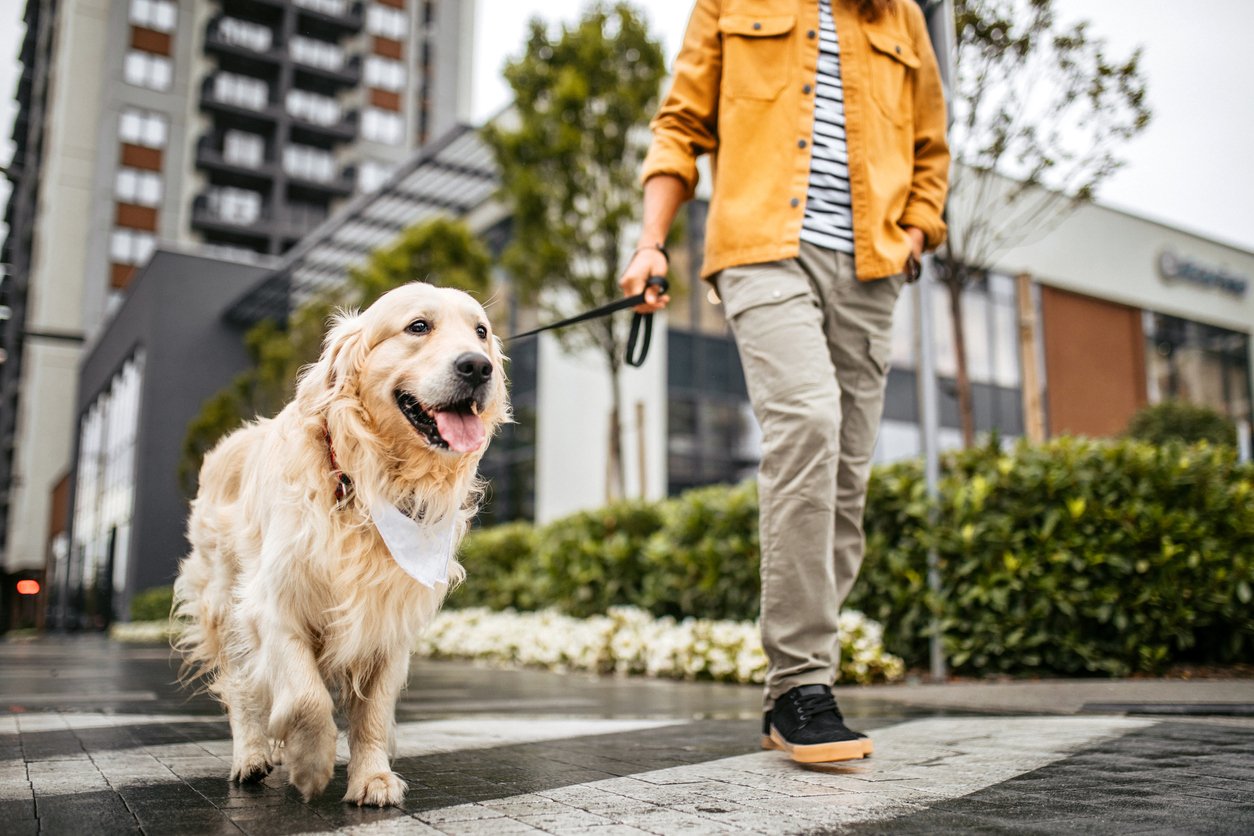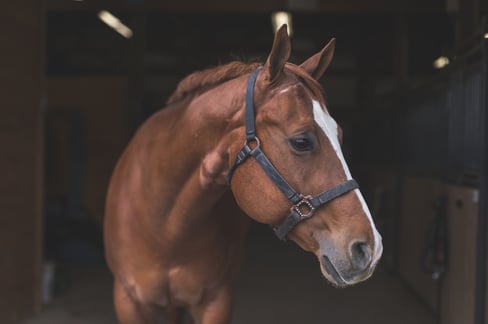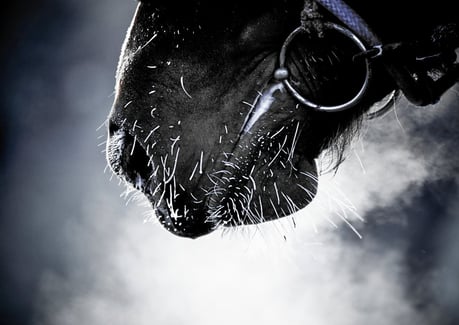Table of Contents
The arrival of a New Year can mean new beginnings and new opportunities. For some, it’s a time of reflection, organization, and identifying goals for the year ahead. Self-evaluation may be something we consider for ourselves, but what about horse-evaluation? Perhaps we can be more attentive and mindful of their current health, diet, or training regimen? Inevitably, our horses age, too, and it’s important to take note of the past year and look ahead with our horse’s well-being in mind.
The Importance of Monitoring Equine Performance and Behaviour
Regardless of your horsey ambitions for 2019, we should all be looking to improve the overall health and well-being of our equine partners. Are there changes to your horse’s mood or behavior lately? Has there been a noticeable shift in your saddle fit that you’ve been meaning to address? What about the stiffness you’ve been feeling to the left when bending on the circle? If your horse’s coat has been lackluster recently, is he getting enough in his diet?
Tracking changes in equine performance and behavior can help uncover hidden problems before they become more serious. Moreover, tracking progress and positive changes you’re noticing in your horse can also help identify what’s working and what isn’t. This ultimately allows us to understand our horses better and find ways to improve their health, happiness and performance.
How to Keep Track of Your Horse’s Performance and Overall Health
Here are three habits you can adopt to help set you and your equine companion on the right track for the New Year:
Keep an Equine Performance and Behavior Journal
Writing (or typing) things down can be extremely beneficial to track and unpack the chronological progression of performance changes in your horse. The journal can be as detailed or as general as you’d like. Keeping notes of vet and farrier visits seems obvious. However, recording changes in behavior, equipment, routine, training habits, and turn-out schedules can be hugely beneficial. You may start to uncover patterns or clues that lead to realizations and solutions you might not have otherwise considered.
Consider Using Equine Performance Apps and Other Technology
Some amazing apps have recently been released that make managing our horses and staying organized easier and more time effective. HorsePal is one of our favourites. These apps go as far as helping us record vet and farrier visits, to monitoring our horse’s health and training patterns.
Also, let’s not forget the wearable tech that’s emerged in the equine industry over the past few years. For those serious about collecting data on their horse’s health and welfare, there’s NightWatch24 and Trakener.
Stop, Look and Listen to Your Horse
Horses are social creatures, and we can often deduce what may be bothering them if we take the opportunity to observe them. We’re all guilty of rushing to the barn to fit in an evening ride and not taking the chance to breathe and spend unstructured time with our horses. Taking a few extra minutes in the stall, cross ties, or paddock can give us an opportunity to observe changes or behaviour that’s sometimes overlooked.
As with any New Year’s resolution, dedication and consistency are half the battle! Hopefully these tips make managing and tracking your horse’s well-being and health a bit easier. But most importantly, let’s vow to spend more time at the barn this year and connect with our horses.
Continuing to share and learn how to help our horses be happy and healthy is so important to optimize well-being and performance. Over the next few months, our equine blog posts will address various topics surrounding ways to support our horse’s well-being. If there’s a particular topic you’re interested in that you’d like featured in next month’s equine blog, contact info@integricare.ca
Thanks for reading and until next time, happy riding!
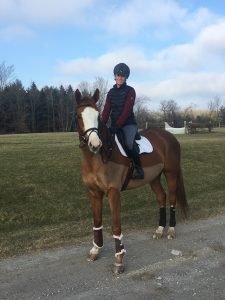
Newsletter Signup
Subscribe to our newsletter to receive the latest news and exclusive offers.
.jpg?height=2000&name=Cliick_Integricare-DISPLAY-REVISEDV2%20(1).jpg)
Proactive & Therapeutic Joint Supplements
When given daily, Integricare joint supplements recover bone and joint injuries faster and help prevent mobility injuries from happening in the first place.



